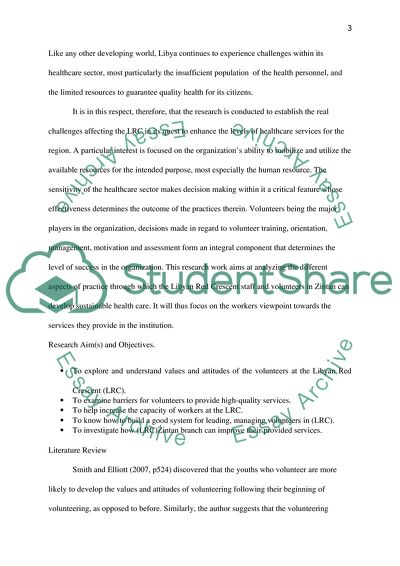Cite this document
(The Role of Libyan Civil Society Organization in Voluntary Work Research Paper, n.d.)
The Role of Libyan Civil Society Organization in Voluntary Work Research Paper. Retrieved from https://studentshare.org/social-science/1833696-health-and-social-research
The Role of Libyan Civil Society Organization in Voluntary Work Research Paper. Retrieved from https://studentshare.org/social-science/1833696-health-and-social-research
(The Role of Libyan Civil Society Organization in Voluntary Work Research Paper)
The Role of Libyan Civil Society Organization in Voluntary Work Research Paper. https://studentshare.org/social-science/1833696-health-and-social-research.
The Role of Libyan Civil Society Organization in Voluntary Work Research Paper. https://studentshare.org/social-science/1833696-health-and-social-research.
“The Role of Libyan Civil Society Organization in Voluntary Work Research Paper”, n.d. https://studentshare.org/social-science/1833696-health-and-social-research.


